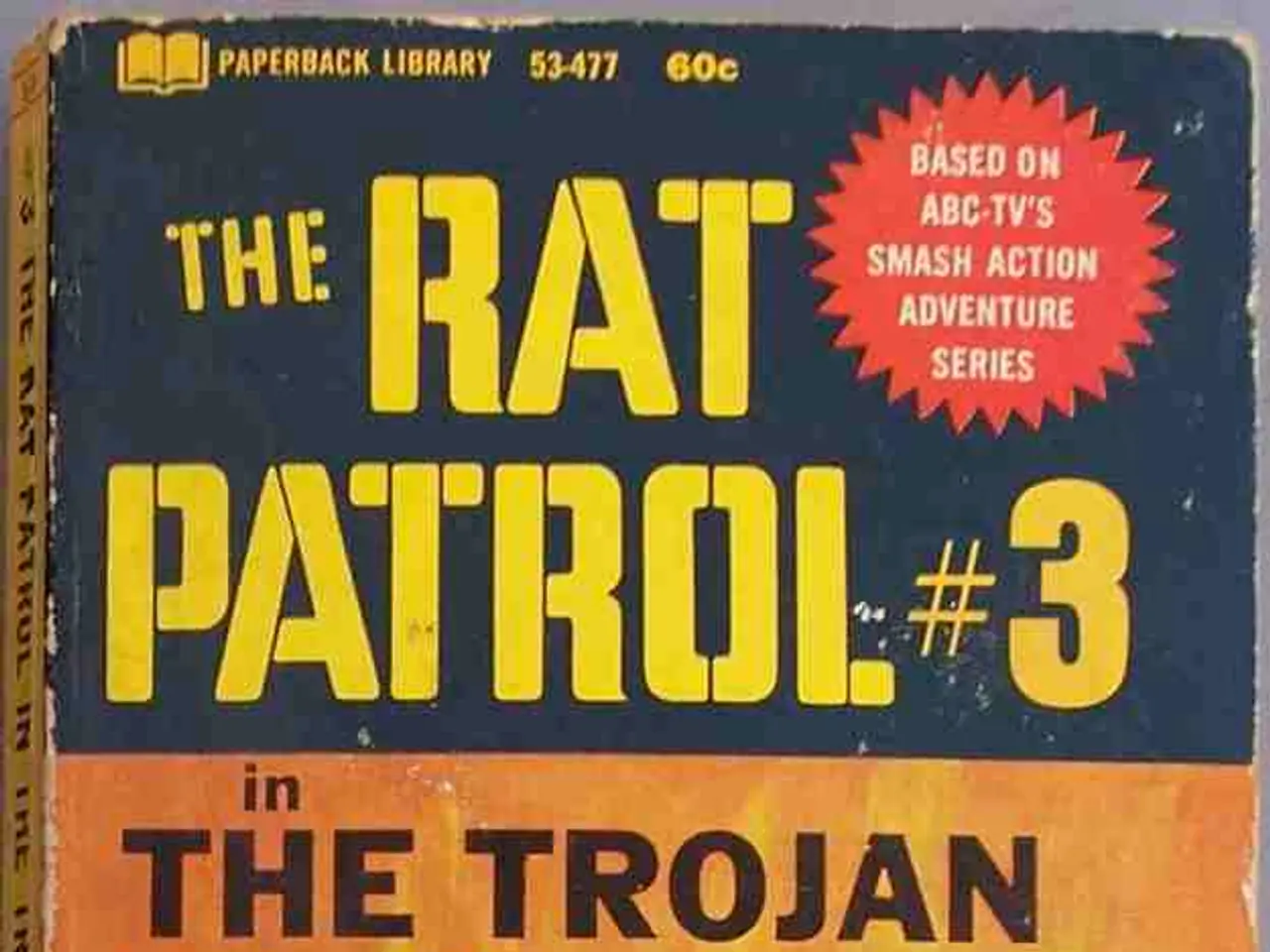Thai soldier's right to defend themselves against landmines affirmed by Phumtham
The Thai government has expressed concern over Cambodia's alleged use of anti-personnel landmines, accusing the neighbouring country of violating the Ottawa Treaty (Anti-Personnel Mine Ban Convention). This is not a new issue, with Thailand submitting multiple formal complaints to the United Nations, detailing specific incidents of landmine use along their shared border in 2025.
In July and August of the same year, Thailand's Permanent Representative to the UN Office in Geneva sent at least three letters, detailing Cambodia’s alleged violations, including the planting of PMN-2 type mines in Thai territory. The letters also reported incidents where Thai soldiers were injured, with three soldiers wounded on August 9, 2025, in what Thailand attributes as clear breaches of the Ottawa Convention by Cambodia.
The Thai government is using all diplomatic channels, including alerting the global community and the UN, to protect their sovereignty and ensure citizen safety. Acting Prime Minister Phumtham Wechayachai confirmed that the government will "again complain to the United Nations" regarding Cambodia’s actions, emphasizing that these violate international treaties and justify Thai troop self-defense.
While Cambodia claims some landmines are kept only for training and denies planting new mines, Thailand disputes these claims and insists on the seriousness of the violations. The UN has a process for subsequent action regarding the complaint about Cambodia's use of landmines.
The recent landmine explosion near Ta Muen Thom temple ruins in Surin province resulted in a Thai paramilitary ranger losing a leg. In response, the Thai government is strengthening the forces protecting national sovereignty, according to Mr. Phumtham. Soldiers are installing barbed wire along the border in contested areas, marking out the boundary between Thailand and Cambodia.
The 2nd Army Region in Cambodia requested donations of barbed wire on Facebook, but the acting prime minister said that this could create misunderstanding. Instead, the 2nd Army could request support from the government's central contingency fund.
Mr. Phumtham asserted that Thai troops have the right to respond in self-defense to attacks, with international treaties and laws allowing soldiers to take action to defend themselves. Despite Cambodia's denial of planting new mines, the Thai government plans to complain to the United Nations about Cambodia's use of anti-personnel landmines, which contravenes the Ottawa Treaty.
The acting prime minister also stated that Cambodia is not intent on peace, a sentiment echoed by the Thai government's ongoing efforts to protect their border and ensure the safety of their citizens.
- The ongoing issue of Cambodia's alleged use of anti-personnel landmines, a violation of the Ottawa Treaty, has led to a series of diplomatic exchanges, with the Thai government using politics to express concern and alert the global community, including the UN, about the war-and-conflicts along their shared border.
- Crime-and-justice has been brought to the forefront as a result of the landmine incidents, with the Thai government emphasizing the injuries and loss of life, and stating that the self-defense of their troops is justified under international treaties and laws.







